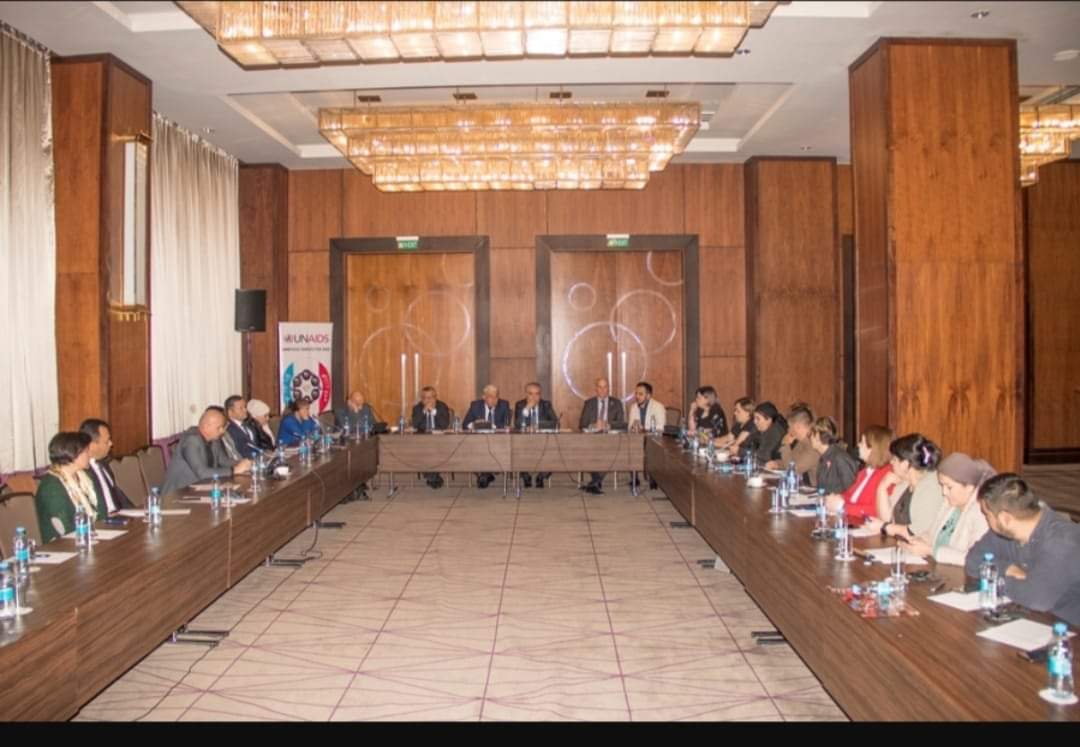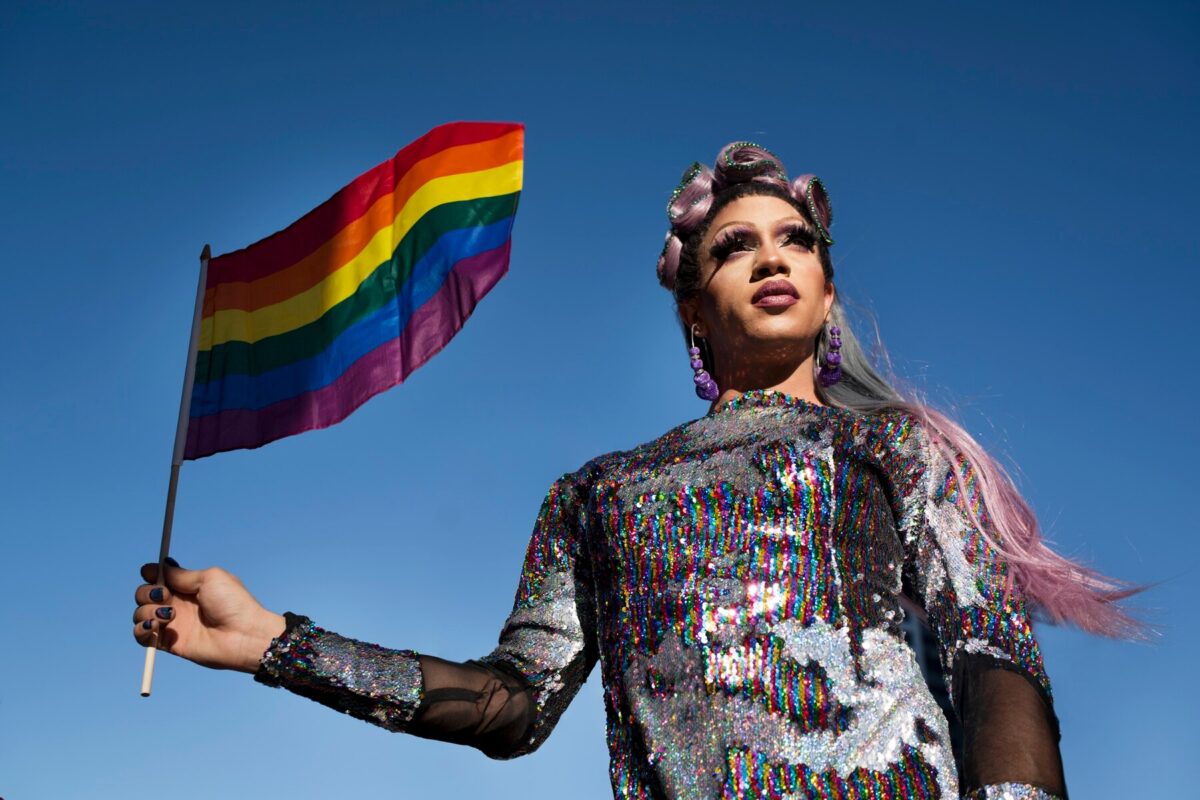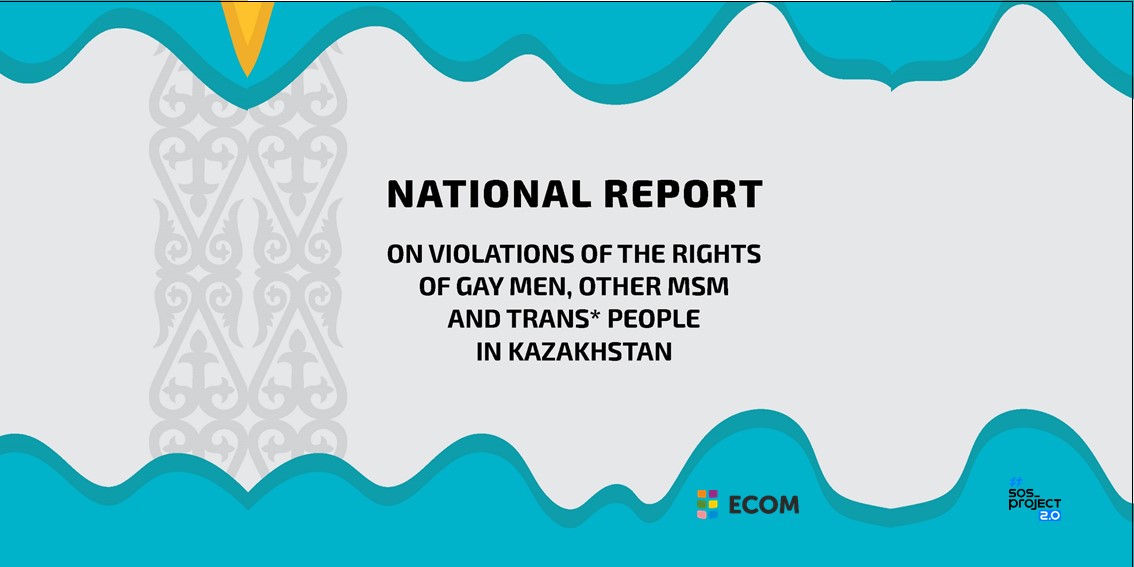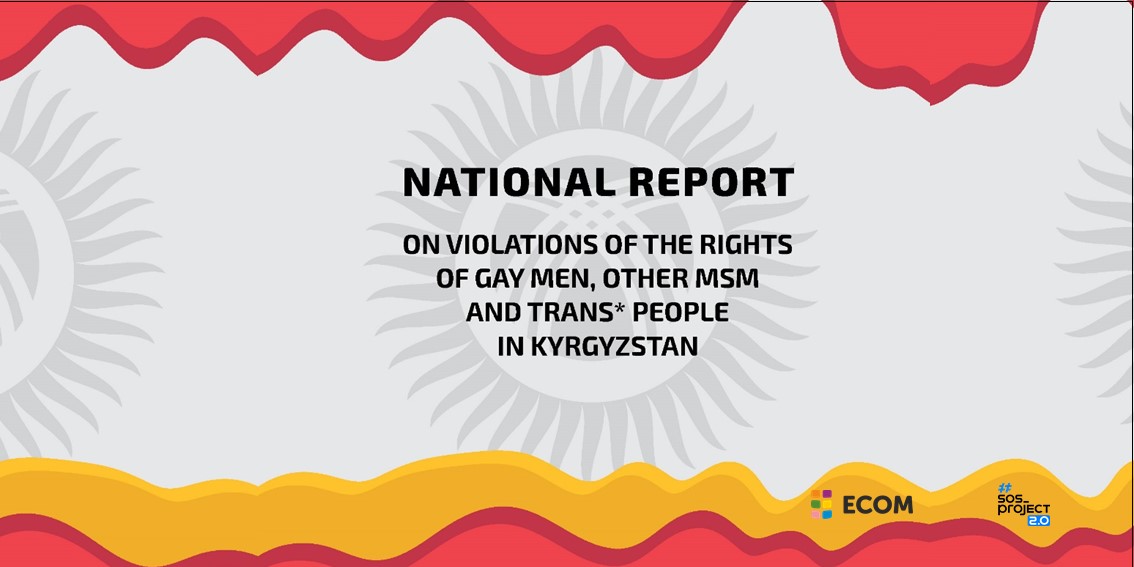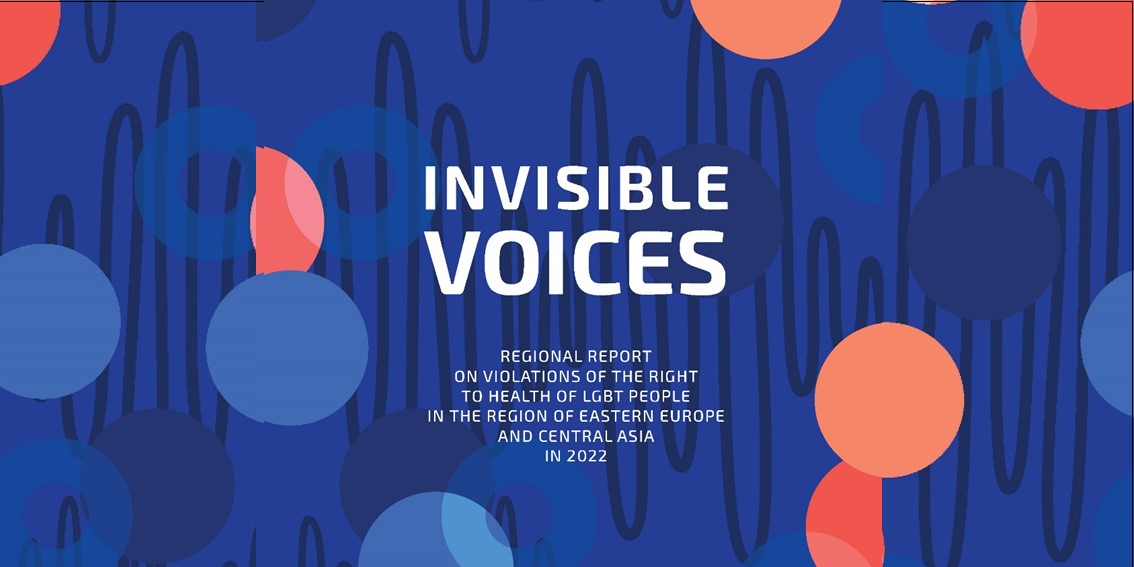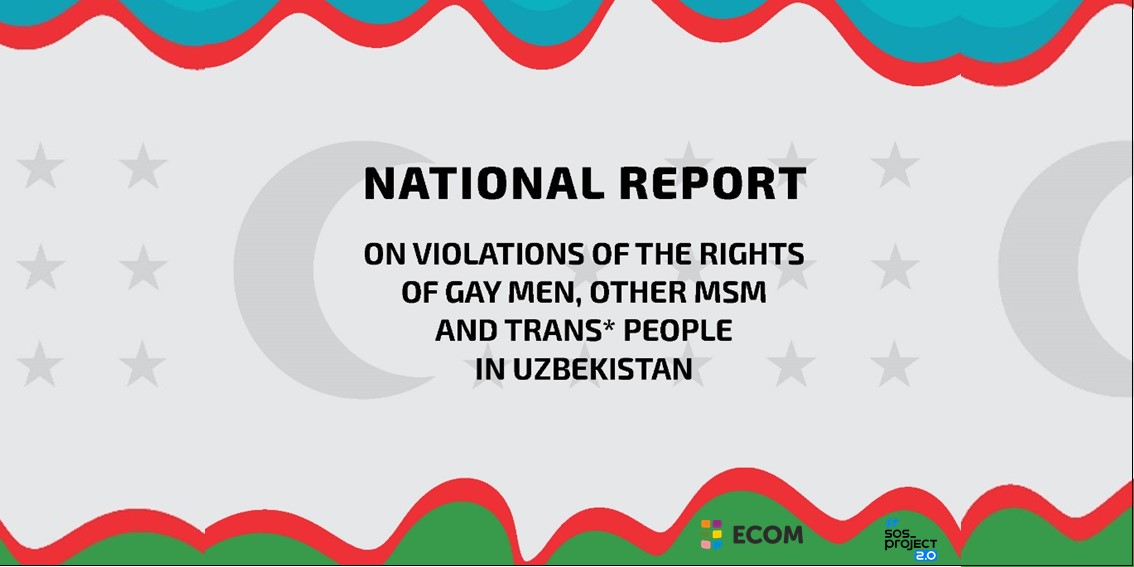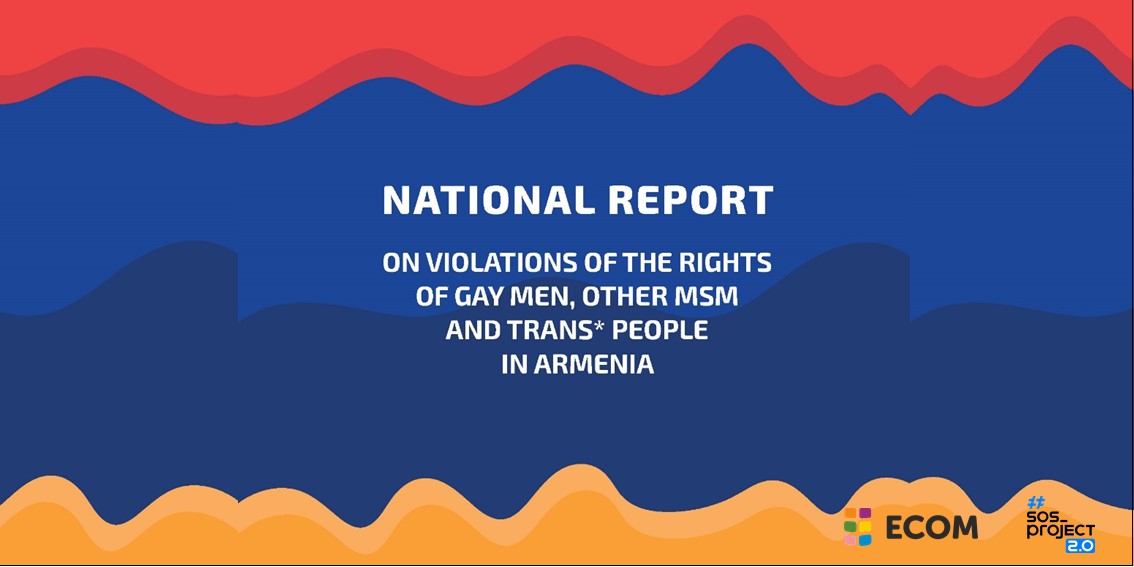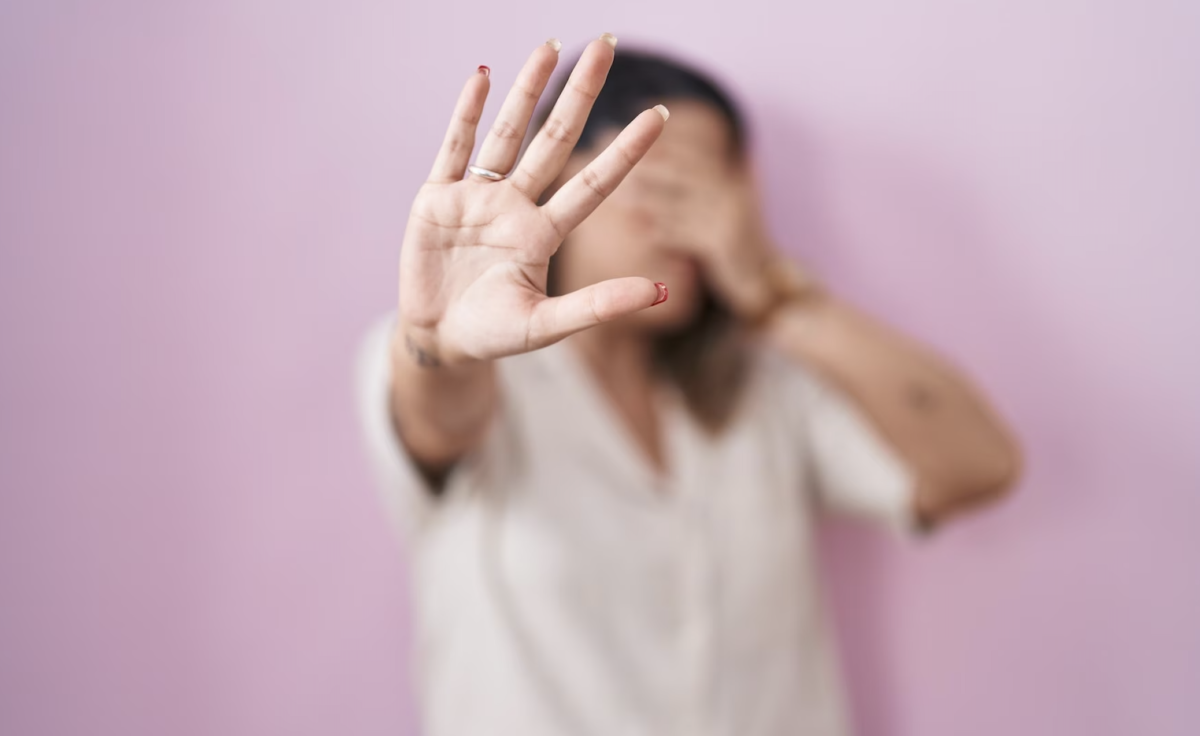Pre-exposure prophylaxis (PrEP) is a groundbreaking biomedical HIV prevention strategy that has the potential to significantly reduce the transmission of HIV among key populations at high risk. While PrEP offers great promise, it is essential to examine its implementation in the context of human rights and address the unique challenges faced by key populations in accessing this vital preventive tool in our region.
PrEP and Human Rights:
The Right to Health: Access to PrEP is a fundamental component of the right to health. Governments and healthcare systems must ensure that PrEP is affordable, accessible, and available to all individuals at risk of HIV infection.
Non-Discrimination and Equality: Stigma and discrimination against key populations, including men who have sex with men, sex workers, transgender individuals, and people who inject drugs, must be addressed. These populations are disproportionately affected by HIV and should not face discrimination when seeking PrEP.
Informed Consent: Ensuring informed consent is crucial when providing PrEP. Individuals should be fully informed about the benefits, potential side effects, and the importance of adherence to PrEP regimens.
Looking through the lens of REAct’s work, we see the following trends in issues related to access to PrEP:
– Clients are afraid to request PrEP due to the risk of disclosure of sexual orientation.
– Awareness c availability at the community level is low.
– Receiving of PrEP within state institutions is complicated:
Case: Georgia. The REActor referred the beneficiary A. (name changed) to the PrEP program, and he went to the doctor. A. had to wait for a long time and doctor still couldn’t receive a patient. He called him for the next day but couldn’t get him either. А. called the REActor and asked for help. The paralegal accompanied him to another doctor, the client received a consultation the same day and joined the program.
– PrEP associated with MSM:
Case: Kazakhstan. The client C. (name changed) approached the HIV Center to obtain PrEP. However, since he did not disclose that he was engaged in sexual activity with men, the medical staff refused to provide the medication, stating that C. “does not fall into any target group.” At the same time, according to the clinical treatment protocol for HIV in Kazakhstan (No. 180 of March 17, 2023), one of the grounds for providing PrEP is a client’s request for it.
The REActors submitted a complaint addressed to the Director of the HIV Center, the Director of the Kazakh National Center for Dermatology and Infectious Diseases, and the Head of the city’s health department. With this complaint, the client met with the Head of HIV prevention at the HIV Center. After the discussion, the Head of HIV prevention agreed with the arguments presented in the complaint, and C. received PrEP on the same day.
– Availability of PrEP for migrants:
Case: Bosnia and Herzegovina. In August 2023, the REActor was contacted by a foreign citizen N. (name changed) inquiring about the possibility of HIV, hepatitis B, and C testing and where it could be conducted. REActor directed him to the nearest Voluntary Counseling and Testing (VCT) center. However, N. explained that he had already contacted them previously and faced language barriers while communicating with the medical staff. Moreover, they refused to conduct the tests, citing the reason that being a foreign citizen made him ineligible. Additionally, when N. asked if he could obtain PrEP in Bosnia and Herzegovina, they informed him that PrEP was not available anywhere in the country. REActor clarified that the information provided by the VCT medical staff was inaccurate. He assured the foreign citizen that testing could be performed regardless of nationality, and it was free and anonymous. He also mentioned that Partnerships in Health had facilitated the import of PrEP, and N. could receive it after completing the necessary tests. The REActor contacted the Infectious Diseases Department of the Clinical Center in Tuzla, explaining the situation to the foreign citizen. A testing appointment was scheduled, and all arrangements were made with the medical staff for testing, counseling, and the provision of PrEP. The client was informed about the scheduled appointment. N. asked the REActor if he could bring another person along, so the REActor arranged another appointment accordingly.
What can be done shortly to eliminate the crucial barriers?
• Cost and Affordability: The cost of PrEP can be a significant barrier to access. Advocacy is needed to reduce the cost and make PrEP affordable through insurance or government subsidies.
• Healthcare Provider Knowledge: Many healthcare providers may lack awareness or understanding of PrEP. Training and education are essential to ensure accurate information is provided.
• Supply Chain and Distribution: Ensuring a consistent supply of PrEP, especially in resource-limited settings, can be challenging. Addressing supply chain issues is crucial.
• Adherence and Follow-up: PrEP is most effective when taken consistently. Providing support for adherence and regular follow-up is essential for its success.
PrEP is a groundbreaking tool in the fight against HIV, but its successful implementation must consider human rights, the unique needs of key populations, and the elimination of barriers to access. Advocacy, education, and policy changes are essential to realize the full potential of PrEP in reducing the global HIV epidemic while upholding the rights and dignity of all individuals.
Also read:
ECOM: Invisible Voices: Regional report on violations of the right to health of LGBT people in the region of Eastern Europe and Central Asia in 2022
A REActor in Tajikistan spoke out against violence and lynching




